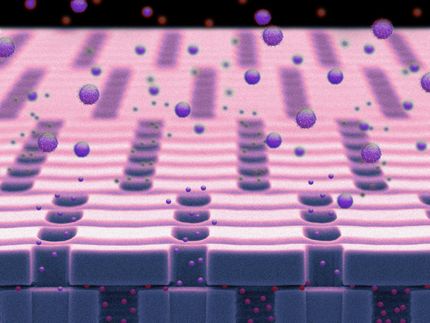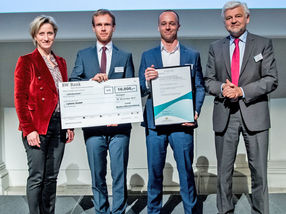BIO expresses concerns regarding new patent reform legislation
he following statement was issued by biotechnology Industry Organization (BIO) President and CEO Jim Greenwood regarding the Patent Reform Act of 2007, introduced by Senators Patrick Leahy (D-VT) and Orrin Hatch (R-UT) and Congressmen Howard Berman (D-CA) and Lamar Smith (R-TX):
"BIO welcomes efforts by Senators Leahy and Hatch and Congressmen Berman and Smith to make improvements to the U.S. patent system. Unfortunately, the 'Patent Reform Act of 2007,' as introduced today, also contains provisions that will weaken the enforceability of validly issued patents, and fails to include necessary reforms to make the patent system more objective and efficient. The bill threatens the ability of biotechnology companies and researchers to find and develop innovative treatments for some of the world's most deadly diseases, such as cancer, heart disease, Alzheimer's, Parkinson's and HIV/AIDS, as well as new solutions to address critical agricultural and environmental challenges facing the global community.
"Patents are the key force behind such biotechnology innovation. The majority of biotechnology companies are small businesses with no products on the market, and thus their research and development activities are funded through massive amounts of largely private sector investment. Without strong and predictable protections for validly patented materials, investors will shy away from investing in U.S. biotech innovation, potentially depriving the world of the next great biotechnology breakthrough and jeopardizing U.S. leadership in biotechnology.
"The Patent Reform Act of 2007 would create a new post-grant opposition system, under which a patent is given no presumption of validity and could be broadly challenged administratively throughout its term -even years after the patentee and the public have come to rely on it, and years after biotech companies have invested hundreds of millions of dollars to bring a patented invention through clinical trials and regulatory approval. Under such a scheme, patents will have less value and investment predicated upon them will diminish.
"The bill also would change the way damages against patent infringers are calculated in a way that would de-value the contribution of many biotechnology patents. The right to fair compensation for infringement, and the right to fairly stop infringers from future infringing acts, are of paramount importance to the biotechnology industry and must be part of any legislation.
"We look forward to working with Senators Leahy and Hatch, Congressmen Berman and Smith, and the full Congress to ensure that any patent reform legislation truly improves the system and does not undermine a patent system that has been the driving force behind lifesaving and life-enhancing biotechnology breakthroughs."
Other news from the department politics & laws

Get the life science industry in your inbox
By submitting this form you agree that LUMITOS AG will send you the newsletter(s) selected above by email. Your data will not be passed on to third parties. Your data will be stored and processed in accordance with our data protection regulations. LUMITOS may contact you by email for the purpose of advertising or market and opinion surveys. You can revoke your consent at any time without giving reasons to LUMITOS AG, Ernst-Augustin-Str. 2, 12489 Berlin, Germany or by e-mail at revoke@lumitos.com with effect for the future. In addition, each email contains a link to unsubscribe from the corresponding newsletter.

















































